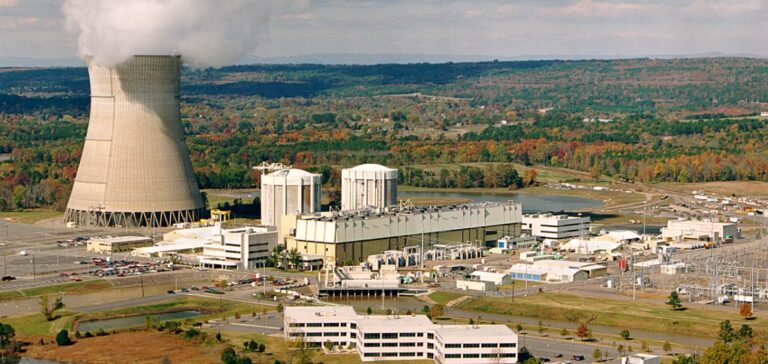Framatome has signed a contract with Entergy Nuclear to replace the vessel cover on reactor number 2 at the Arkansas Nuclear One (ANO) plant.
The replacement, scheduled for the spring 2026 unit outage, is a major operation designed to ensure the safety and reliability of the facility.
This modernization is crucial to maintaining reactor performance and guaranteeing stable energy production.
Details of the modernization project
The project involves the complete replacement of the mechanical structure of the tank cover, cluster control mechanisms, electromagnetic assemblies and connectors.
It also includes heavy handling and restoring the equipment buffer to its original configuration.
Precise coordination between Framatome and Entergy Nuclear ensured the success of this complex operation.
Implications for the plant and energy supply
Arkansas Nuclear One, located in Russellville, Arkansas, supplies around 65% of the energy demand of Entergy’s 730,000 customers in the state.
The modernization aims to enhance the facility’s performance and sustainability to maintain this essential contribution. Erik Dorman, Framatome’s Executive Vice President for North America, emphasizes the importance of this project in ensuring safe, reliable power generation.
A complex technical operation
The project requires advanced technical skills and meticulous coordination.
Teams must carry out in-depth analyses and follow rigorous procedures to ensure the success of each stage of the replacement.
Cluster control mechanisms and electromagnetic assemblies, key components of the reactor, are being replaced to improve safety and performance.
Background and implications for the industry
This modernization is part of a broader trend to upgrade nuclear infrastructures, essential to meet future energy challenges.
By optimizing existing equipment, the nuclear industry can continue to provide reliable, sustainable energy.
The collaboration between Framatome and Entergy Nuclear illustrates the importance of partnerships in the industry to maintain the performance of nuclear facilities.






















